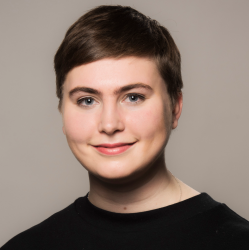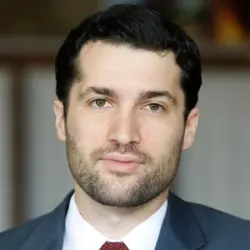

11:00 am EST - 12:30 pm EST
Past Event
On February 21, the Supreme Court will hear oral arguments in Gonzalez v. Google, a case with the power to reshape the internet. Gonzalez concerns the scope of Section 230 of the Communications Decency Act, the statute that protects websites from most liability for third-party content that appears on their services. The Court has never before considered Section 230—and now that the statute has become increasingly prominent and controversial in recent years, the justices are poised to weigh whether the liability shield covers algorithmic recommendations of user content. The next day, the justices will also consider the related case Twitter v. Taamneh, concerning the liability of websites under the Anti-Terrorism Act for terrorist violence linked to their platforms.
On February 14, Governance Studies held an expert panel discussion on Gonzalez and Taamneh. To what extent do, and should, platforms bear legal responsibility for the content that appears on their systems? Is it possible to carve out an exception in Section 230’s protections for algorithmic recommendations without upending the modern internet? How do Gonzalez and Taamneh interact with other ongoing efforts to rethink the regulation of social media as an online public square?
Viewers submitted questions for speakers by emailing [email protected] or via Twitter at @BrookingsGov by using #FateofSection230.
Moderator

Panelist




Brooke Tanner, Nicol Turner Lee
July 9, 2025

Nicol Turner Lee, Tonantzin Carmona
July 1, 2025

John Villasenor
June 30, 2025